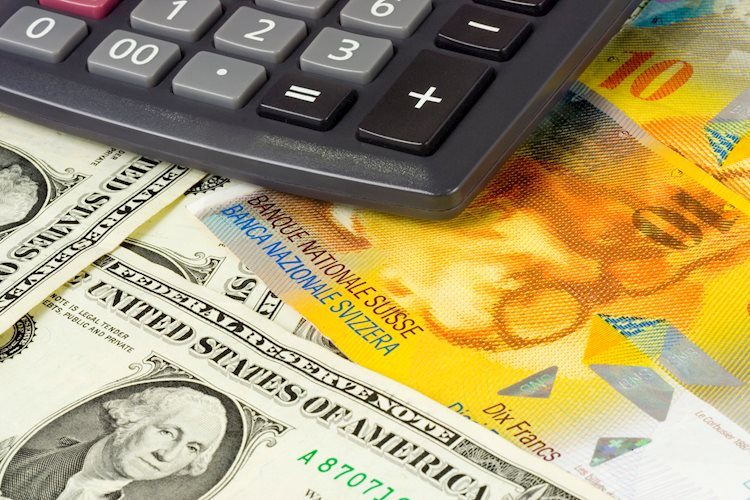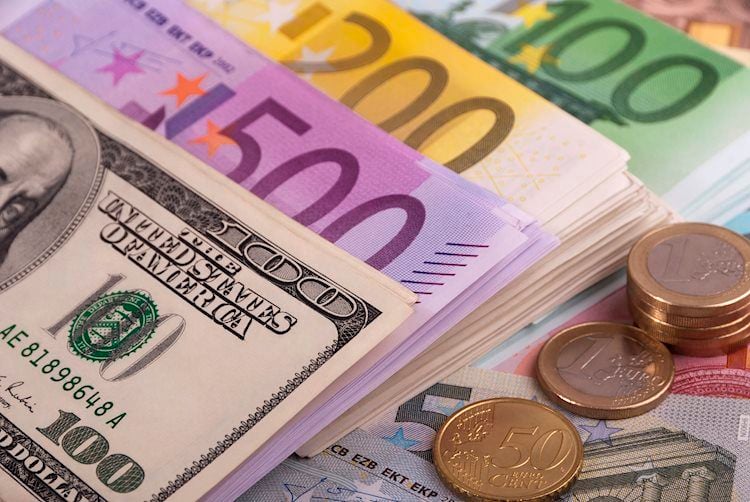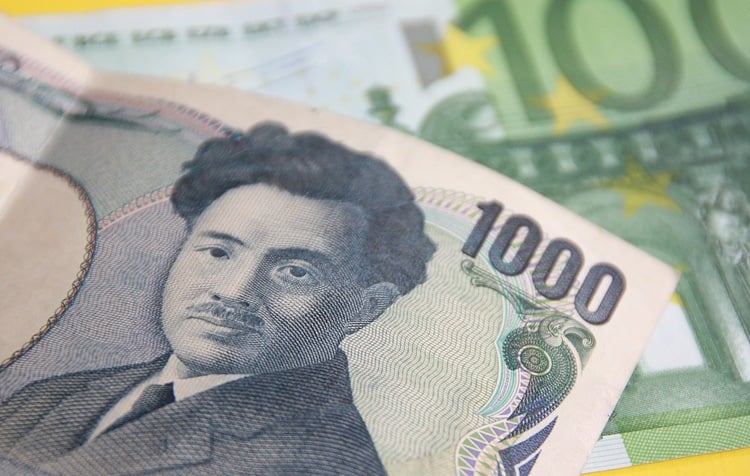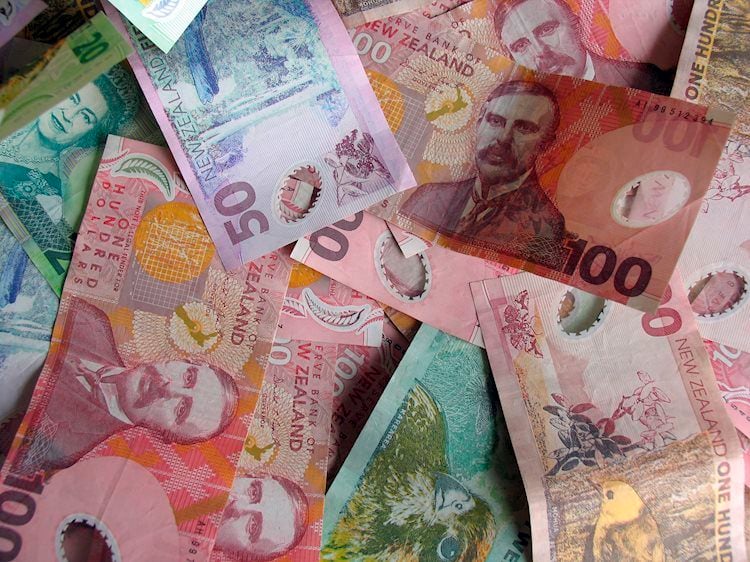In New York, new legislation has been proposed that would require public officials to reveal their cryptocurrency and Bitcoin holdings.
Individuals in the public eye are only required to declare crypto money over $1,000 that they have knowledge of.
If passed, the bill will take effect in January 2022.
A new law introduced by a Democratic Senator in New York would require public officials to disclose their cryptocurrency holdings over $1,000.
The New York bill, introduced to the State Senate’s Rules Committee last week by Democratic Senator Rachel May, attempts to close the loophole on digital currencies, such as Bitcoin.
The new bill will make it mandatory for public officials in the state to reveal their bitcoin holdings above a $1,000 threshold once a year.
She claimed that the plan will increase openness for officials who acquire digital currencies, while also emphasizing that cryptocurrencies are difficult to track and govern owing to their nature.
The bill mentioned the ransomware attack on the Colonial Pipeline a few months ago, in which the hackers sought Bitcoin payment.
According to the plan, New York officials are only required to divulge digital asset holdings of which they are aware. There is currently a dearth of clarity regarding the amount of state officials that own cryptocurrencies.
The bill’s argument is based on an Internal Revenue Service notification from 2014, which stated that digital currencies should be considered as property for federal income tax purposes.
If passed, the proposed law is slated to take effect on January 1, 2022.
Retail investors have rushed to the digital currency sector following the rise in bitcoin prices early this year. Alabama Representative Barry Moore, who just purchased Ether, Cardano, and Dogecoin during the drop, was one among the new investors.
According to disclosures submitted with the House of Representatives earlier this month as required by the “Stop Trading on Congressional Knowledge Act,” Moore purchased digital assets worth $5,000 to $75,000. The paperwork, however, did not indicate the quantity of each coin that the Republican Congressman purchased./n





